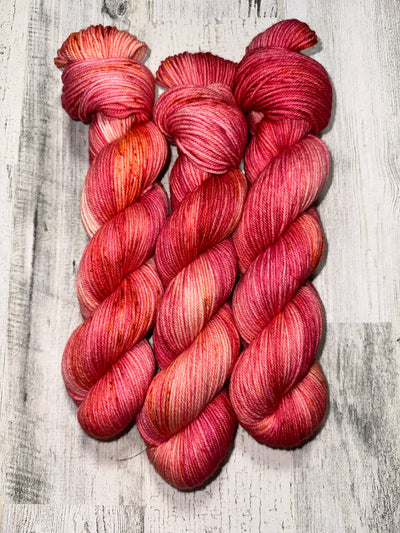Sirens
“Sirens” are mythical monsters. In early Greek Mythology sources, the sirens are pictured as part woman and part bird. The sirens were said to be highly dangerous. The one detail that all stories agree upon is that the sirens had beautiful “charming” singing voices. They would lure sailors to destruction by the sweetness of their “lullaby” causing ships to be destroyed on the rocky cliffs of their island. The Sirens are famous for their high, clear singing voices, which were so full of emotion that they drove men insane. They also accompanied their voices with musical instruments: lyres, flutes, and pipes. They also had prophetic abilities which lent depth to the lyrics of their song. Their musical gift was the source of their power. When the Sirens sang, anyone who heard their lullaby would become “spell drawn” to them.
There are ten known siren names, although no more than three are ever mentioned in one story. The ten names are Thelxiepeia, Parthenope, Peisinoe, Leucosia, Molpe, Aglaope, Ligeia, Teles, Raidne and Himerope.
The sirens were said to have become monsters after Persephone, who they served, was abducted by Hades. These lovely girls trailed behind Persephone when she visited her favorite meadows to pick flowers. They sang to her in sweet voices and played instruments to please her. After Persephone was carried away, the sirens sought her everywhere. Persephone’s mother, Demeter gave them golden wings so that they could fly over the earth in search for her. The search was in vain since Persephone was imprisoned in the underworld by Hades. Heartbroken over the loss of her daughter, Demeter cursed them, declaring they would stay in bird form and banishing them to an uninhabited island.
We have uncertainty about their parentage. Some myths identify their father as Achelous, the god of the rivers or Phorcys, a Titan who also fathered the Gorgons. As for their mother, legends vary between Gaia, Sterope or one of three different Muses.
Hera came to visit the Sirens on their lonely island. After hearing the songs, full of beauty and anguish, she decided to give the girls a challenge. She invited them to enter a singing contest against the Muses, the goddesses of music. They narrowly lost and myth states that the Muses plucked the feathers out of the Sirens and made crowns for themselves. The Siren returned to their island.
In one story, Odysseus escaped the danger of their lullaby by stopping the ears of his crew with wax so that they were deaf to the Sirens. Odysseus himself wanted to hear their song but had his crew to tie him to the mast so that he would not be able to steer the ship off its course. Once, he began to hear the sweet music, he was flattered and wished to meet the beautiful women who sang so sweetly to him. He was in a frenzy to be released and strained at his ropes. But as the ship drifted on and the island was behind them, the spell subsided. After Odysseus passed the island, the Sirens hurled themselves in the sea, making him the last person to hear their ”bewitching“ music.
A search of the sea floor around their island would turn up entire ships wrecked as they tried to get to the sirens. Decaying corpses and bones lay in heaps all around them. Although the island was littered in human remains, there were no signs that the Sirens killed them. Instead, the men might have died of starvation after keeping the Siren’s company for several weeks. It’s possible that the Sirens sang to avenge the wrongs against them. It’s also possible the Sirens sang to express their grief. Finally, the Sirens may have been desperately lonely and used their songs to tempt men to join them on their island.
Available in the following yarn bases. For a listing of all yarn bases click here. Yarn Bases
|
Care of your hand knit garments Please hand wash cold or lukewarm water and lay flat to dry. Even though this yarn does contain superwash merino, I do always recommend that you hand wash your knitwear. We use colorfast acid dyes for dying our yarn, and rinse until water runs clear. There may be a chance that some dye may bleed slightly in the first wash of your finished item. This does sometimes happen for speckled yarn and stubborn colors that are prone to bleed. For the first couple of washes, hand wash separately to be sure that no further bleeding. |
There are no dye lots. We always try to sell from same dye lots but if not sure, we recommend blending the skeins as you work. Color saturation can differ from different dyelots.




